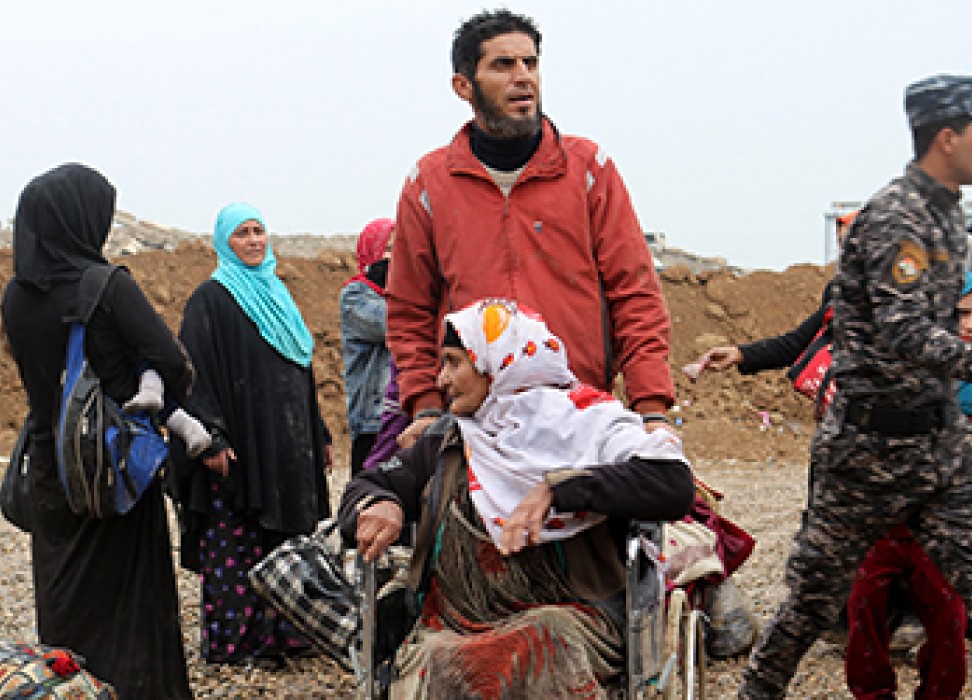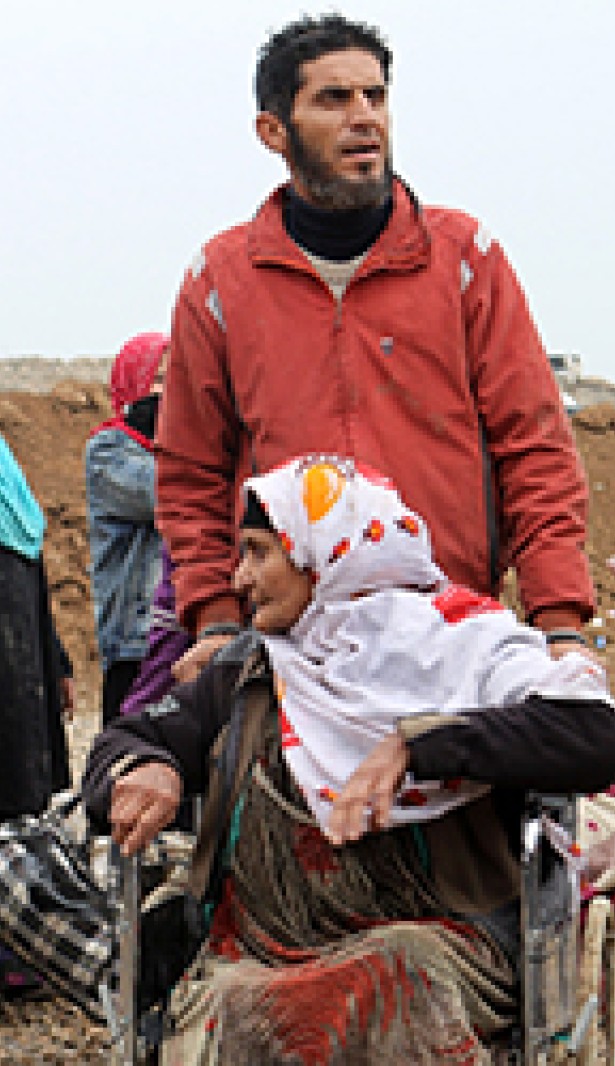UN rights chief: Scale of civilian suffering “numbing” in Iraq
11 November 2016

The suffering of people in Iraq has reached a “numbing” level, says the UN High Commissioner for Human Rights, Zeid Ra’ad Al Hussein.
He called for urgent action to aid the victims and survivors amid reports of murder, torture, chemical attacks, the large-scale use of “human shields” and the sexual exploitation of women and girls. In some cases, victims have reportedly been killed simply for possessing SIM cards or mobile phones.
“The extent of civilian suffering in Mosul and other ISIL-occupied areas is numbing and intolerable,” said High Commissioner Zeid.
“Justice for the victims and survivors of human rights abuses and violations needs to be impartial, transparent and effective.
“The Government of Iraq must act quickly to restore effective law enforcement in areas retaken from ISIL to ensure that captured fighters and their perceived supporters are dealt with according to the law. This is crucial to limit the opportunity for revenge attacks and collective punishments.”
Reports of grave human right abuses reaching UN human rights staff operating in Iraq include suggestions that children have been recruited and even forced to carry out executions. Tens of thousands of civilians are believed to have been displaced in the ongoing conflict, with many being used as “human shields”.
Other incidents reported in the past few days have included the killings in Mosul of 40 civilians who were allegedly shot and their bodies publicly displayed after being accused of “treason and collaboration” with the Iraqi Security Forces (ISF).
Video footage posted by ISIL meanwhile appears to show four children, believed to be 10-14 years old, shooting dead four people accused of spying for the ISF and the Kurdish Peshmerga forces.
Abducted women from the Yezidi minority are said to have been moved into Mosul, either for suspected sexual slavery by ISIL fighters, or to be used as human shields on convoys.
Captured members of the ISF and members of the Iraqi Islamic Party are also said to have suffered human rights abuses. They were among nearly 1,000 people reportedly found in an underground prison in Mosul, many of whom showed signs of torture and malnutrition. The bodies of other ISF officers and ISIL detainees were said to be among those found in a mass grave at an agricultural college in Hamam al-Alil.
The UN Human Rights Office says it also has reports that people have died after inhaling fumes from burning sulphur set alight by ISIL action in the Shura district of Mosul. Other information suggests that large quantities of sulphur and ammonia are being placed in the same locations as civilians.
High Commissioner Zeid welcomed a statement by the Iraqi Prime Minister that attacks against civilians and their property were unacceptable, but he stressed the need for robust, transparent, human-rights based action by the Government to pre-empt and prevent reprisals and revenge killings.
Zeid said programmes to aid community reconciliation and help people rebuild their lives were needed alongside formal justice, including the provision of medical and psycho-social services, housing, education and financial support.
“All the people of Iraq must see that their State, by its actions, is capable of protecting them by bringing to justice those guilty of the horrible crimes that have been committed against them,” he said.

